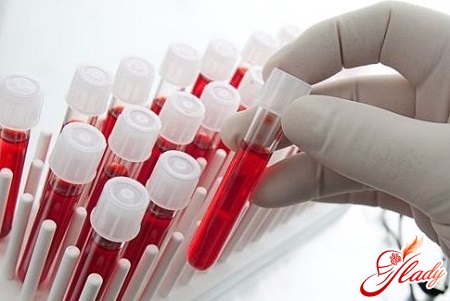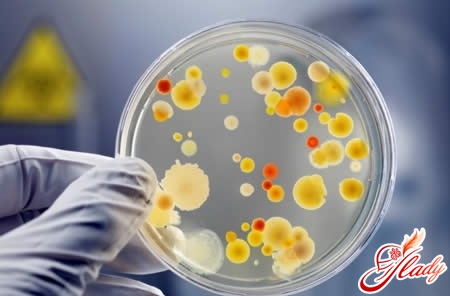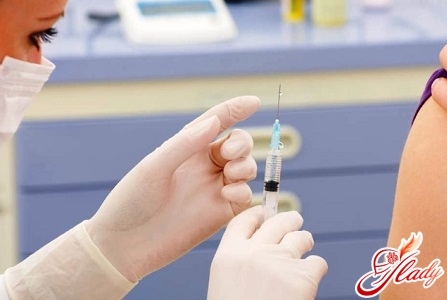
Thrush in women is an infection,which is caused by yeast fungi of the genus Candida. Usually, these fungi live in small quantities on the skin and in the vaginal area of women and do not cause any harm to the body. The immune system and beneficial organisms that also live on the skin and in the vagina do not allow these fungi to multiply. But as soon as favorable conditions for fungi appear, they begin to multiply and invade the vagina, causing unpleasant symptoms of thrush. Yeast fungi of the genus Candida prefer moist and warm parts of the body deprived of air. Therefore, the vagina in women is the most common place for the development of thrush. Most women have suffered from thrush at least once in their lives. This disease mainly develops on its own, without any apparent cause. But there are some factors that increase the likelihood of thrush in women, such as pregnancy, diabetes, long-term use of antibiotics. Women with weak immunity or who have undergone chemotherapy are also susceptible to infection with thrush. Symptoms of a yeast infection in women include a watery, creamy white vaginal discharge, redness, itching, discomfort or pain around the vulva. These symptoms do not go away without treatment.

Treatment of thrush in women
Treatment of thrush in women includes the use oftablets or local preparations. In case of a mild course of the disease, the doctor may prescribe the use of only local preparations - ointments, creams, suppositories. But if the infection is severe and extensive or neglected, then treatment is necessarily prescribed with the use of tablets. Remedies for thrush for women, related to local preparations, are suppositories, ointments and creams that are inserted into the vagina with an applicator. Such drugs contain antifungal substances - clotrimazole, miconazole or econazole. Side effects when using local remedies are very rare. It is possible to use during pregnancy. Local preparations can be purchased at a pharmacy without a prescription. Tablets for thrush for women - these are drugs intended for oral administration, which are well absorbed in the digestive system. They destroy the fungus not only on the genitals in women, but also throughout the body, even with minimal lesions.
Medicinal substances in the form of tablets for the treatment of thrush
When treating thrush, many womenprefer to take tablets, as they, unlike ointments, creams and suppositories, have a pronounced systemic effect and should be taken for only one to three days, which, of course, is very convenient if you need to quickly get rid of the signs of the disease. The most common drugs in tablet form today are fluconazole and its analogues (diflucan, flucostat, mycosyst, itraconazole), as well as pimafucin, nystatin and miconazole. Fluconazole and its analogues Fluconazole is an antifungal drug of a very broad spectrum of action, which has a powerful effect. It copes wonderfully with thrush. It is taken once. Side effects are extremely rare. Contraindicated during pregnancy, lactation and hypersensitivity to this drug. Fluconazole can be purchased at a pharmacy without a doctor's prescription, but you should still carefully read the instructions for use. Its analogues are:
- Diflucan.
The mechanism of action of this drugis caused by a disruption in the synthesis of ergosterol, which is part of the fungal cell membrane. The drug is well absorbed even when taken with food. It is especially recommended for genital candidiasis, recurrent vaginal candidiasis and candidal balanitis. A single use of this drug is sufficient. It can be used during pregnancy only in the most necessary cases; it is contraindicated during lactation.
- Flucostat.
This medicine is recognized as "Goldenstandard" in the treatment of urogenital candidiasis by doctors around the world. It is the only antifungal tablets that are approved by WHO for the treatment of thrush. It has high activity against fungi of the genus Candida.
- Fucis.
This drug is recommended for treatmentfungal diseases, systemic candidiasis and thrush. Low toxicity for the human body, but has little effect on human cytochromes. Compared with other drugs of thiazyl groups, Fucis has a lesser inhibitory effect on cytochrome-dependent processes in the liver. Recommended for the treatment of adults and children over 3 years of age. Contraindicated during pregnancy and lactation. Pimafucin, nystatin and miconazole Pimafucin. This drug has a broad spectrum of action and is very effective against thrush. The active substance of this drug is natamycin. It is not absorbed from the gastrointestinal tract, skin and mucous membranes. Most often, pimafucin is prescribed for the treatment of non-invasive intestinal candidiasis. It is possible to use the drug during pregnancy. In rare cases, mild intestinal disorders and nausea are noted during use, especially in the first days of administration, as well as allergic reactions with hypersensitivity to the components of the drug. Nystatin. Most often, this drug is used to prevent the development of candidiasis during prolonged treatment with antibacterial agents, especially in weakened and exhausted patients. It is indicated for candidiasis of the mucous membranes (vagina, lower intestine and rectum) and skin. Contraindicated in pregnancy, kidney disease, liver disease and gastrointestinal tract. Miconazole (miconal, mycostat). The active substance of this drug is miconazole nitrate. It has an antimicrobial and antibacterial effect, affects many pathogenic fungi. It is used to prevent the development of streptococci and staphylococci. But it has a weak effect on Pseudomonas aeruginosa and Escherichia coli. When used, this medicine is practically not absorbed into the blood. Contraindicated during pregnancy and lactation. It should be remembered that thrush is a very insidious disease that in advanced cases can affect a person's internal organs. Therefore, at the slightest sign of this disease, you should not self-medicate, but immediately consult a doctor who will examine you and prescribe appropriate treatment.









